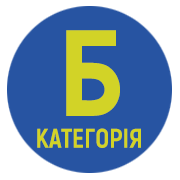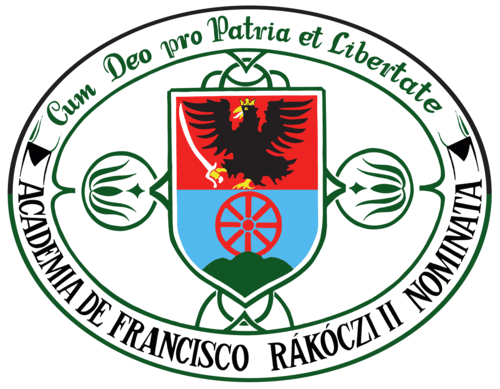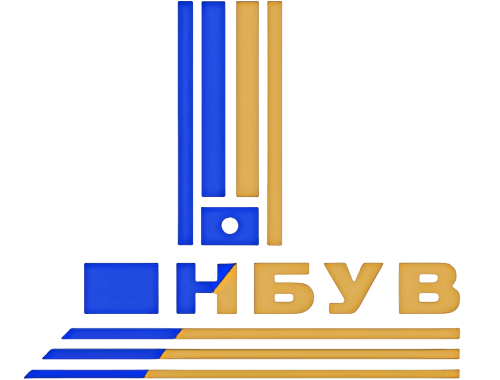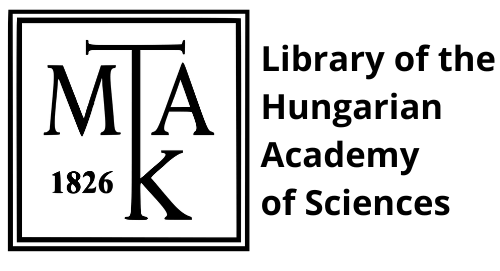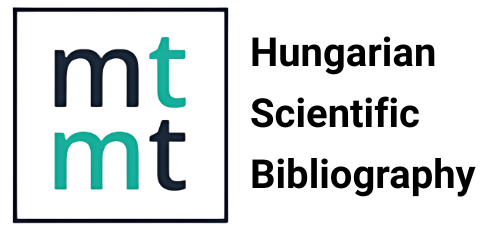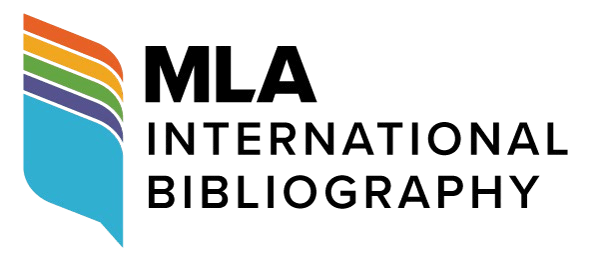Allegations of Misconduct
Acta Academiae Beregsasiensis, Philologica is committed to maintaining the highest standards of academic integrity and ethical publishing. The Editorial Board adheres to the principles and guidelines of the Committee on Publication Ethics (COPE) concerning research, publication, and review misconduct.
Definition of Misconduct
Misconduct includes, but is not limited to:
- Fabrication, falsification, or plagiarism in research or publications;
- Misappropriation of data or ideas;
- Unethical authorship practices (including ghost, guest, or gift authorship);
- Duplicate or redundant publication;
- Manipulation of the peer review process;
- Violation of confidentiality or conflict of interest in the review process;
- Any other unethical behaviour that undermines the integrity of scholarly publishing.
Reporting Allegations
Allegations of misconduct may be submitted by authors, reviewers, readers, or institutions. All reports should be sent confidentially to:
Editor-in-Chief – Anikó Beregszászi (email address: beregszaszi.aniko@kmf.org.ua)
or
Executive Secretary of the Editorial Board – Krisztián Váradi (email address: varadi.krisztian@kmf.org.ua).
Anonymous or whistleblower reports will also be reviewed, provided that sufficient information is available to conduct an investigation.
Handling and Investigation Process
Upon receipt of an allegation, the Editor-in-Chief and the Executive Secretary will acknowledge the report and refer it to the Editorial Board for review. The Board will conduct an impartial and confidential preliminary assessment of the available evidence.
If necessary, the journal may contact the relevant institution(s) or other journals to request further information or to coordinate investigations. All parties involved will be given the opportunity to respond to the allegations. Findings and decisions will be documented in writing and retained electronically for at least five years.
Outcomes and Actions
Depending on the results of the investigation, the Editorial Board may take one or more of the following actions:
- Issue a correction or retraction of the article;
- Publish an expression of concern;
- Reject the submission or withdraw it from consideration;
- Notify the author’s institution or funding body;
- Restrict future submissions from the individuals involved.
Confidentiality and Fairness
All allegations and investigations will be treated with strict confidentiality. The journal ensures fairness, transparency, and due process for all parties involved.
Appeals Policy
Acta Academiae Beregsasiensis, Philologica provides authors with the opportunity to appeal editorial decisions if they believe their manuscript was not evaluated fairly or if an error occurred during the review process. Authors should submit a written appeal within 30 days of receiving the editorial decision, clearly explaining the reasons for the appeal and providing any supporting information or documentation.
All appeals will be reviewed carefully and independently by the Editor-in-Chief and, if necessary, by additional members of the Editorial Board or external reviewers not involved in the original decision. The outcome of the appeal will be communicated to the author in writing, and the decision of the Editorial Board will be final.
Appeals and related correspondence should be sent to:
Editor-in-Chief – Anikó Beregszászi (email address: beregszaszi.aniko@kmf.org.ua)
or
Executive Secretary of the Editorial Board – Krisztián Váradi (email address: varadi.krisztian@kmf.org.ua).
This policy follows the recommendations and flowcharts of the Committee on Publication Ethics (COPE).
